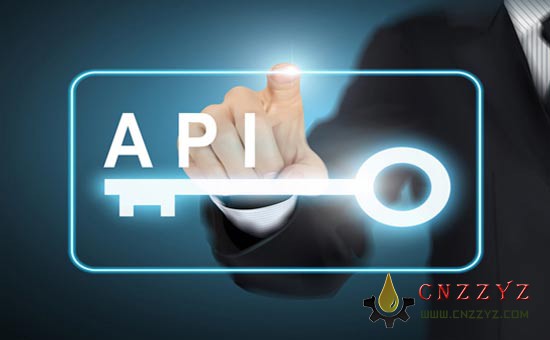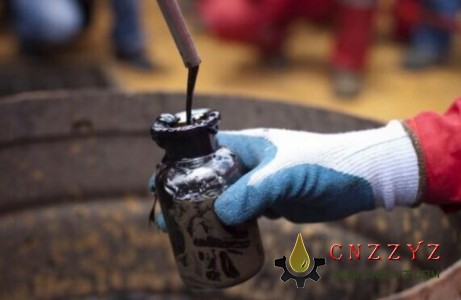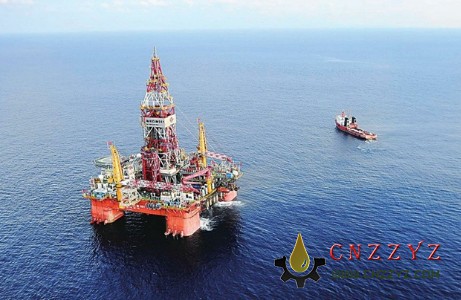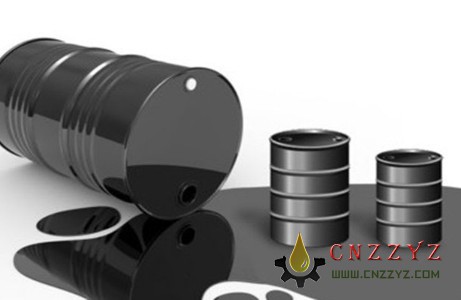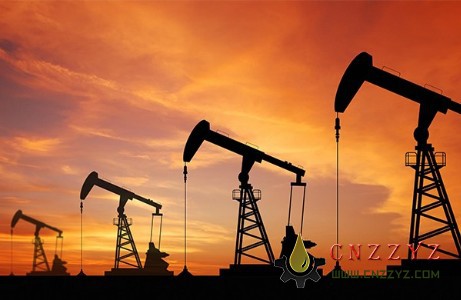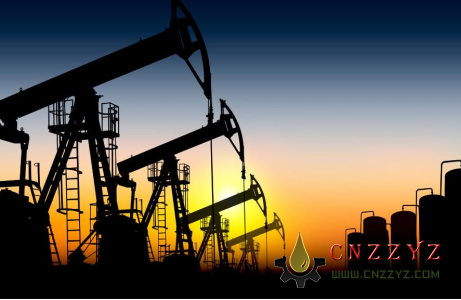石油设备网讯 据世界天然气网站6月19日消息 GS能源和东京天然气公司已与壳牌东方贸易公司签署了一份协议,分别交付一批液化天然气货物。
壳牌发布的声明指出,基于自然的碳信用额将用于补偿所产生的全部二氧化碳排放量—从勘探和生产天然气到最终消费者使用,这两种货物将是碳中性的。
这批货物将于2019年7月交付,将提供足够的能源供近30万户家庭全年使用。
壳牌液化天然气营销与贸易副总裁Slavko Preočanin表示:“这笔交易将为我们进一步开发这一产品奠定基础,我们很高兴能够为我们的合作伙伴东京天然气和GS能源公司迈出这一开拓性的第一步。”
每项碳排放额度都要经过第三方核查程序,即避免或去除1吨二氧化碳。这笔交易中使用的信贷来自壳牌的全球自然项目组合,包括印度尼西亚的加丁根泥炭地恢复和保护项目以及秘鲁的科迪勒拉阿祖尔国家公园项目。
越来越多的人在寻找减少个人碳足迹的方法。补偿使个人和组织能够通过支持其他地方有价值的减少排放的项目来补偿他们无法避免的排放。
向低碳能源未来过渡需要全球能源系统的一系列解决方案,从发电到工业和运输。液化天然气的作用在于为这些行业提供一个现成的天然气来源,使其成为最清洁的燃烧碳氢化合物,产生一半的温室气体排放量和不到十分之一的煤炭空气污染物。
王磊 摘译自 世界天然气
原文如下:
Shell to deliver ‘carbon-neutral’ LNG to Tokyo Gas, GS Energy
GS Energy and Tokyo Gas have signed an agreement with Shell Eastern Trading for delivery of one cargo each of liquefied natural gas (LNG).
Nature-based carbon credits will be used to compensate the full carbon dioxide (CO2) emissions generated – from exploring for and producing the natural gas, to use by the final consumer, Shell’s statement reads noting the two cargoes will be carbon neutral.
The cargoes which will be delivered by July 2019, will provide enough energy to power nearly 300,000 homes for a full year.
Slavko Preočanin, vice president Shell LNG Marketing & Trading, said, “This deal will set the ground for us to further develop this offering and we are pleased to be able to make this pioneering first step possible for our valued partners Tokyo Gas and GS Energy.”
Each carbon credit is subject to a third-party verification process and represents the avoidance or removal of 1 tonne of CO2. Credits used for this deal are bought from Shell’s global portfolio of nature-based projects, including Katingan Peatland Restoration and Conservation project in Indonesia and Cordillera Azul National Park project in Peru.
More and more people are looking for ways to reduce their personal carbon footprint. Offsetting enables individuals and organizations to compensate for the emissions they cannot avoid, by supporting worthy projects that reduce emissions somewhere else.
The transition to a low-carbon energy future requires a range of solutions across the global energy system, from electricity generation to industry and transport. LNG plays its role by providing a readily available source of gas for use in these sectors, bringing the benefits of being the cleanest-burning hydrocarbon, producing half the greenhouse gas emissions and less than one-tenth of the air pollutants of coal.

